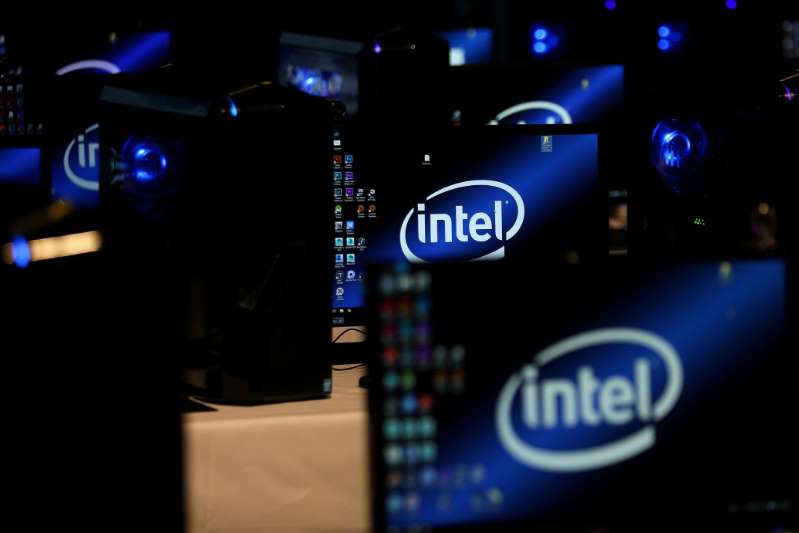A US court sentenced the chip manufacturer to pay billions for patent infringements. Intel wants to appoint.

The chip company Intel has been sentenced by a jury in Texas to pay nearly 2.2 billion dollars in a patent dispute. The proceedings concerned two patents for technologies from semiconductor production, which, according to Tuesday's ruling, were infringed. VLSI was awarded $ 1.5 billion for one and $ 675 million for the second, according to court records. Intel immediately announced that it would appeal.
At the same time, the jury in the city of Waco did not see any deliberate infringement of the two patents – which could have tripled the amount.
Opportunities in the appointment process
It is not uncommon for US district courts to set high sums for patent infringement. Often, however, the sums are reduced in appeal proceedings – or patents are later declared invalid. Intel had already argued in the process that one of the patents was invalid, but could not convince the jury of it. With a total of around 2.2 billion dollars, it is one of the highest amounts awarded in US patent proceedings.
Several changes of ownership
The patents have undergone several changes of ownership. One was granted to Sigmatel in 2010, which was later bought by the chip company Freescale. Freescale, on the other hand, where the second technology was patented in 2012, went to the semiconductor specialist NXP in 2015. The two patents ended up with VLSI. The company is a semiconductor pioneer founded in the 1970s and has itself undergone several changes of ownership. Most recently, the investment company Fortress, which belongs to the Japanese technology group Softbank, collected various patents under the name.
Patent trolls
Large technology companies, especially in the USA, often see themselves targeted by so-called “patent trolls”, whom they accuse of trying to squeeze out money with purchased property rights. The industry criticizes this as a hurdle for innovation and calls for legal changes. Intel emphasized in a statement to the financial service Bloomberg that the chip company did not agree with the jury's decision and was confident of being able to prevail in the appeal process.

